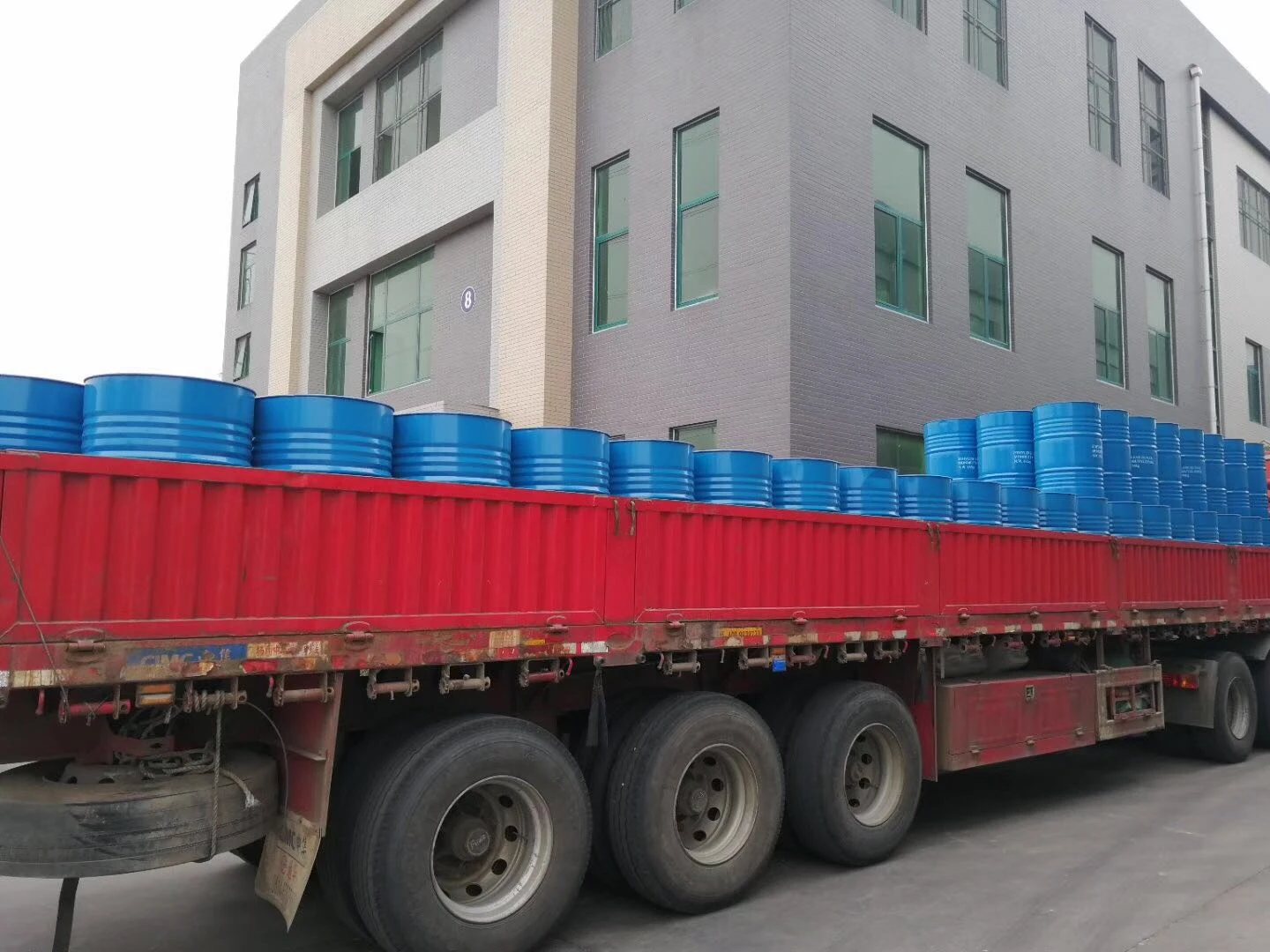What Are Pharmaceutical Intermediates?
Pharmaceutical intermediates are essential components in the production of active pharmaceutical ingredients (APIs). These intermediates are chemical substances that are produced during the different stages of the synthesis of APIs, which eventually become the medications used in various therapeutic applications. Understanding pharmaceutical intermediates is crucial for professionals in the pharmaceutical industry, including chemists, manufacturers, and regulatory bodies, as they play a significant role in drug development, safety, and efficacy.
Definition and Importance
Pharmaceutical intermediates are typically defined as any compound or material that is produced during the manufacturing process of a drug before the final API is obtained. They serve as building blocks for the synthesis of APIs and may include organic compounds, salts, or complexes that require further transformation to achieve the desired therapeutic properties.
The importance of pharmaceutical intermediates lies in their contribution to the overall quality and effectiveness of the final drug product. They can influence not only the chemical properties of the API but also its stability, bioavailability, and how the drug interacts with the body. Ensuring the integrity and purity of these intermediates is therefore critical in the pharmaceutical manufacturing process.
Types of Pharmaceutical Intermediates
Pharmaceutical intermediates can be categorized into several types based on their roles and characteristics
1. Synthetic Intermediates These are compounds generated through chemical reactions designed to gradually build up to the final product. For instance, in the synthesis of a complex drug molecule, several synthetic intermediates may be created before reaching the final API.
2. Biological Intermediates In biopharmaceuticals, intermediates may also refer to biological substances that are involved in the production of API. This includes fermentation products, cell culture materials, or other biological components that are necessary for the drug synthesis process.
3. Natural Product Intermediates These refer to compounds derived from natural sources and may require chemical modifications to become effective drugs. For example, certain plant-derived compounds may serve as intermediates in the synthesis of semi-synthetic antibiotics.
what are pharmaceutical intermediates

Production Process
The production of pharmaceutical intermediates involves several stages, including
- Raw Material Preparation This initial step involves sourcing and preparing the raw materials necessary for the synthesis process. The quality of these raw materials is critical, as impurities can adversely affect the intermediates and, consequently, the final API.
- Chemical Synthesis This is the main phase where chemical reactions are performed to create the intermediates. Conditions such as temperature, pressure, and reaction time are carefully controlled to optimize yields and minimize by-products.
- Purification After synthesis, intermediates typically undergo various purification techniques, such as crystallization, chromatography, or distillation, to remove contaminants and impurities.
- Quality Control Rigorous testing and quality control measures are implemented to ensure that the intermediates meet regulatory standards and specifications. This includes analytical methods such as HPLC (high-performance liquid chromatography) and mass spectrometry.
Regulatory Considerations
The production of pharmaceutical intermediates is heavily regulated by health authorities to ensure safety and efficacy. Regulations focus on quality management systems, good manufacturing practices (GMP), and documentation at every step of production. Compliance with these regulations is essential as any flaws in the intermediates can result in ineffective or harmful final products.
Conclusion
In summary, pharmaceutical intermediates are vital to the pharmaceutical industry, serving as the building blocks for the synthesis of active pharmaceutical ingredients. Their role in drug development cannot be understated, as they directly impact the quality, safety, and effectiveness of medications. With continuous advancements in chemical synthesis and stricter regulatory measures, the importance of understanding and managing pharmaceutical intermediates will only grow, safeguarding public health and ensuring the development of effective therapeutic agents.

